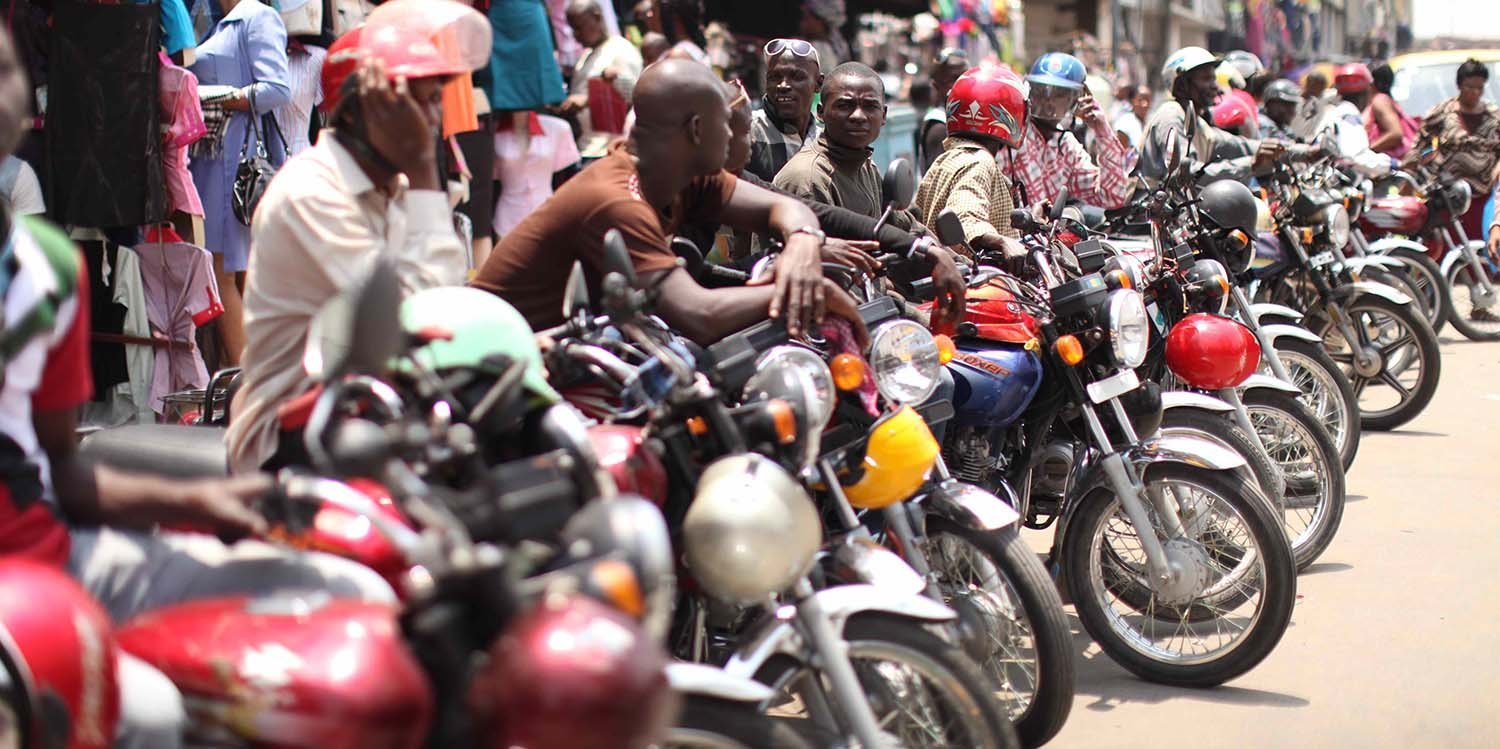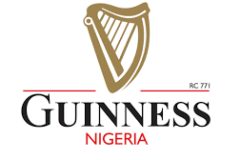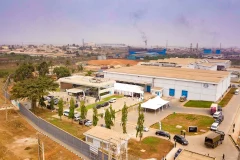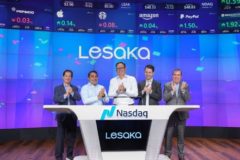There’s an ongoing shakedown in Lagos’ bike-hailing industry.
For months, the National Union of Road Transport Workers (NURTW) and the Road Transport Employers’ Association of Nigeria (RTEAN) have harassed and extorted riders affiliated with mobility companies. While many believe that it’s all about the money, the unions have a different explanation.
According to Dr J. O. Spencer, the NURTW’s head of special duties, the union is regulating these companies because they are “foreign”.
Spencer represented the NURTW in recent negotiations with bike-hailing companies resulting in a ₦500 agreement ($1.38) on daily levies.
“Some of these companies are being led by Chief Executives, some of them are whites, some of them are Chinese,” he said over the phone.
At first, it seemed Spencer had little knowledge about how these startups operate and he tried to project the view that the NURTW was patriotic and only out to protect regular okada riders.
“What is the Chinese man looking for on the road if he is selling or distributing the motorbikes?” Spencer asked. “Why should he be involved in the domestic affairs of your fellow brothers?”
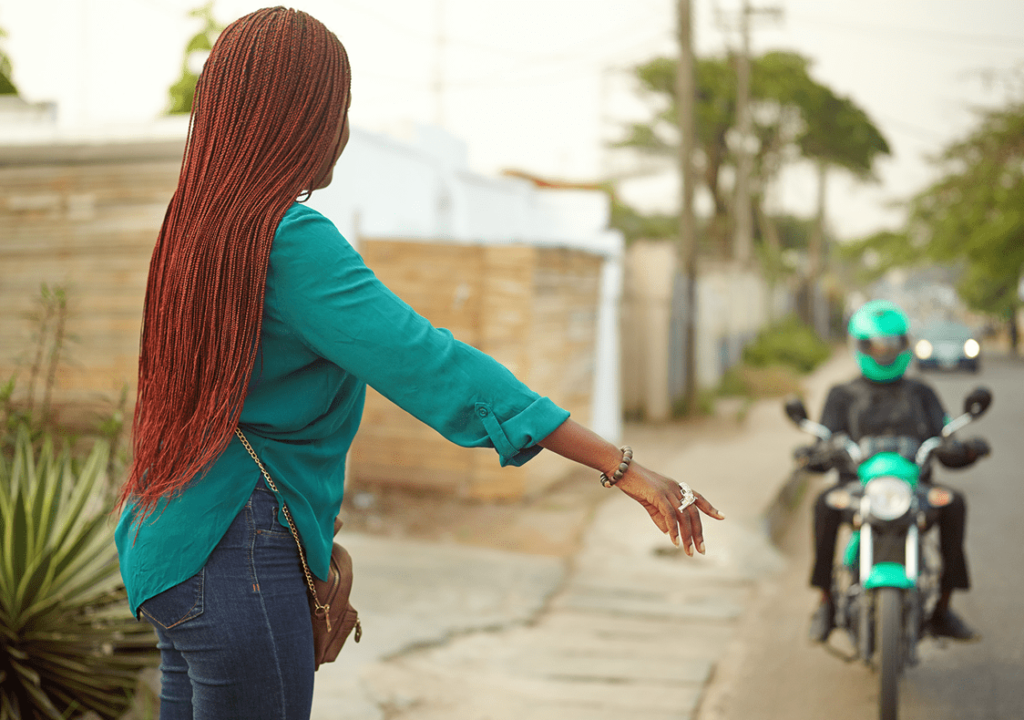
“Why are they interfering in the domestic problems of the poor Nigerians who are riding okadas?” he asked.
“I don’t know what type of journalism you do,” he told me, but “that is the major question.”
“If he brings his okada to the country, he clears it at the airport or seaport; he gets a warehouse, gets a showroom, do you think he will have time to be running after bikes on the highway?” Spencer asked again.
“I agree with the government that they are creating jobs, but do you know that they are masquerades? Why are they putting Nigerians in front, while they are behind?”
Spencer said, “they could have restricted their activities to places where their fellow Chinese are doing business.”
Are bike-hailing companies foreign?
Two of the major bike-hailing companies are indeed founded by non-Nigerians. OPay is owned by Chinese investors and Opera which is also Chinese-owned. Gokada is led by Fahim Saleh, who is from Bangladesh.
But MAX is not foreign. Its co-founders are Nigerians. EasyMobility, another bike hailing company with limited scale, is Nigerian and led by Adekunle Omololu.
But the NURTW is sticking with its own view of these companies.
According to sources present at one meeting between the unions and the three major companies, MAX’s co-founder, Adetayo Bamiduro, was almost forced out of the meeting for challenging their assumption his company is foreign-owned.
During the conversation with TechCabal, Spencer eventually dropped his original pious rhetoric and explained what many already suspected.
“We saw a lot of thousands [sic] of motorcycles on the road, you think we will not raise our eyes?” he exclaimed.
“As long as they come to Iyana Ipaja, Ajegunle or Palmgrove, they will do what the others are doing,” Spencer asserted.
At this point, it’s fair to wonder how transport unions became so powerful.
Why is the NURTW so powerful?
The NURTW is supposed to be a trade union championing the rights and interest of people working in Nigeria’s transport. But in reality, the union has turned into a quasi-paramilitary group, often accused of perpetrating violence. This is particularly true in the south-west region of Nigeria like Lagos.
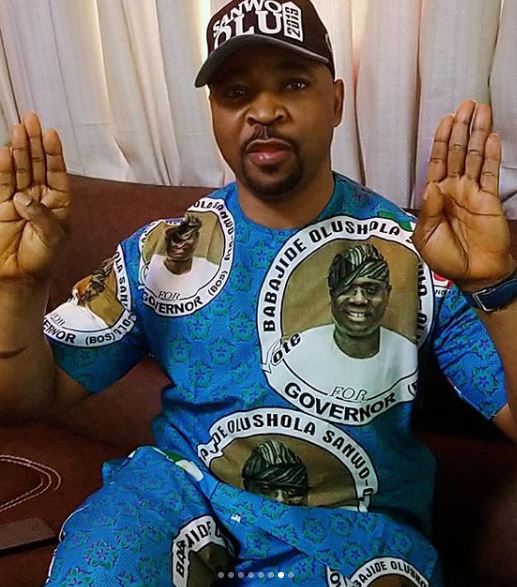
Their main function today is political, causing mayhem during the lead up to elections. In the dirty politics of Nigeria, politicians need them. However, elections are a cycle. So every other day, they are on the streets, extorting bikers and drivers who transport passengers. In Lagos, their officials operate out of every bus stop and road junction. The government has done nothing to stop them as these activities provide a livelihood for these political tools in the off-election season. Writer Ayodeji Rotinwa wrote that the union is “unwittingly an employment and crime-management scheme all at once.”
According to Premium Times, there are over 100,000 commercial buses, 100,000 motorcycles and 100,000 tricycles. Each of them pays over N200 million as levies to the NURTW or its affiliates.
Attempting to explain away what the NURTW does, Spencer explains that the union has “the right to protect the lives of those operating on the road.”
“We have the right to protect them whether they have accidents or in the case of any casualty; the group will take care of them.”
But beyond staunch loyalists, very few people willingly join the NURTW. Yet to operate as a transporter within Lagos, you must sign up with them or at least work with them. Working with local governments, the union will harass bike riders or bus drivers who don’t have the right papers or requirements.
Bike-hailing is formalising the unregulated okada market. NURTW is pissed
The union has been able to hold sway because bus drivers and okada riders are informally organised. The union serves as the face of these drivers in meetings with governments, ostensibly representing their interests.
But bike-hailing companies are a different kettle of fish.
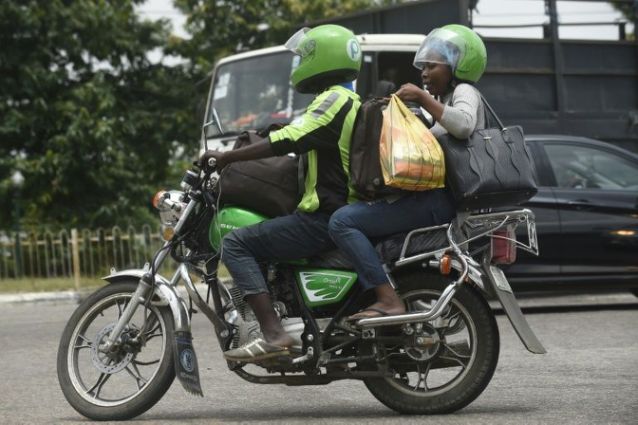
These startups are formalising the bike transport sector. In addition to their technology, training, uniforms, helmets and 200cc bikes, bike-hailing is regarded as premium over the regular okada. Although not desirable for a megacity, bikes have become a necessary evil to beat the ridiculous traffic in Lagos.
Spencer vents that the NURTW has no problem with the bike hailing companies themselves.
“What is their [bike hailing companies] business outside on the road?” he asked. They “are employers so they fall under NECA”, referring to the Nigeria Employers’ Consultative Association, a body for private sector employers in Nigeria.
But “my problem is that those who are riding them they should belong to the NURTW,” Spencer explained. He added that “as long as they ride and are on the road, they must belong to it.”
The stance of the union is also supported unofficially by the Lagos State government. The state is led by the All Progressives Congress (APC), a political party that has deep ties with the NURTW. During the last election campaign, factions of NURTW thugs clashed at the same venue where the APC was unveiling Babajide Sanwo Olu as its candidate.
Against bike hailing companies in Lagos, the NURTW has scored a win seemingly backed by the government.
After months of negotiations, the union has reached an agreement with the companies. Riders affiliated with the bike hailing will pay a daily levy of N500 ($1.38) that will allow them to operate anywhere in Lagos. When the proposal was first announced, representatives of the NURTW and RTEAN stood up and clapped, said a source present at one of the meetings.
At one of the negotiations, “the government said we cannot disrupt the existing arrangements,” said a source at one of the ride-hailing companies who asked for anonymity.
Leading the government at the negotiations was Oluwatoyin Fayinka, the Special Adviser to the Governor on Transportation. Fayinka is a politician who has held grassroots government positions in Mushin area of Lagos, an industrial neighbourhood that is also an important NURTW stronghold.
“After settling with the unions we [the government] will come for our own,” Fayinka reportedly told the startups, a source said.
TechCabal first reported in July that the Lagos State government was proposing a N25 million (~$70,000) annual license fee for bike-hailing companies to operate within the state.
So it appears bike-hailing in Lagos will remain unregulated for some time.







